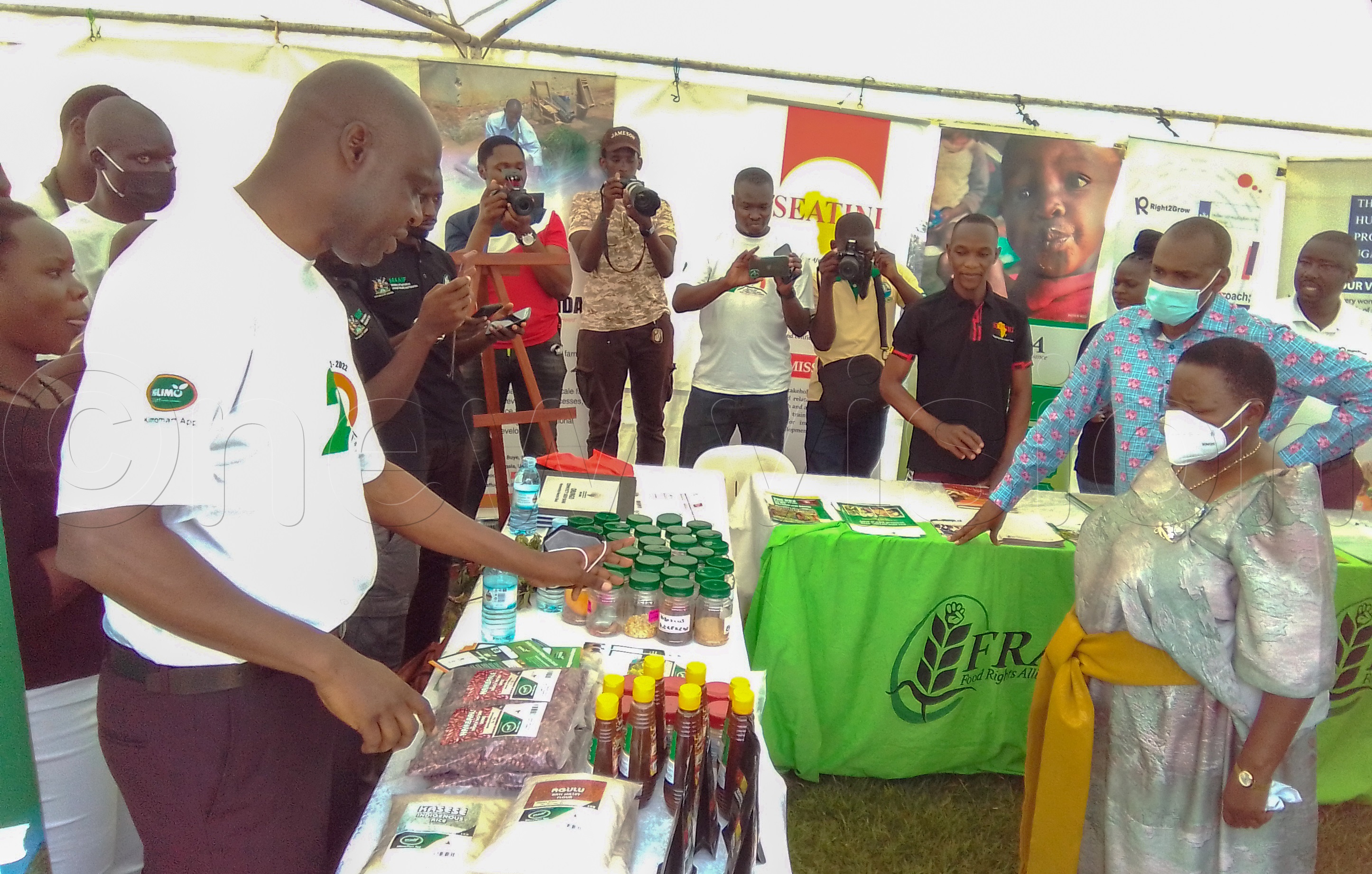By Edward Kayiwa and Aloysious Kasoma
Last month, Kenya lifted its decade-long ban on biotech crops and Genetically Modified Organisms (GMO), allowing the country to cultivate and import modified foods and cash crops such as GM cotton.
While lifting the ban, Kenyan president William Ruto said he was responding to the worst drought to hit Kenya in the last 40 years, hoping that GMOs will improve crop yields and food security in the medium to long term.
But Ugandan farmers under their umbrella Eastern and Southern Africa Small Scale Farmer’s Forum (ESSAFF) have appealed to the government to resist any temptation to allow GMOs in Uganda, in order to protect the agricultural sector.
According to Ronald Bagaga, the Research and Policy Officer at ESSAFF, allowing GMOs will open seed breeders to infringement, leading to a spike in (patented) seed and fertiliser prices, and eventually the cost of production.
He said GMOs will also distort Uganda’s biodiversity, food sovereignty, food security, environmental conservation, local varieties and animal breed protection which are core foundations for research, sustainability and development.

“If we allow GMOs in Uganda, we may see a temporary increase in yields, but in the long run, these will be eroded by an increase in populations of secondary insects and pests, which increases their costs of production. In the end, our farmers will have a higher dependence on agrochemicals than before,” he said.
Bagaga said the lifting of the GMO ban in Kenya poses a big threat to Uganda’s food system, biodiversity and food security.
He said:” we risk to see the uncontrolled smuggling of GM seeds into Uganda food systems from Kenya, and the exposure of our agriculture sector to sophisticated technologies by foreign companies and individuals with subsidies to compete with small scale farmers that are inadequately supported which is unfair for our farmers.”
He advised the government to set up redress and compensation mechanisms in the event of GM crop failures as have been witnessed in other countries like India and Burkina Faso, as well as facilitate the National Bio-safety Committee financially and increase personnel to adequately monitor cross-border GM seeds and crops from Kenya among others.
Additionally, he said, government should protect local seed varieties through the development of guidelines for the registration of farmers’ variety and the recognition of intellectual property Rights (IPR) of small-scale farmers.
“The government should also fast track the finalization and approval of the Genetic Resources for Food and Agriculture (GRFA) policy that will guarantee a legal framework for registration of farmers’ varieties in the wake of GM crops. It should also Promote sustainable food production approaches and systems such as Agroecology that promotes food sovereignty of small-scale farmers,” he said.
What are GMOs?
GMOs are organisms created through scientific modifications such as recombinant DNA technology and reproductive cloning.
In the process, a nucleus is extracted from a cell of a species to be cloned and inserted into a host egg in reproductive cloning.
In contrast to conventional livestock production and crop farming that embraces cross-breeding, reproductive cloning results in the generation of offspring that are genetically identical with a desired trait or characteristics to the donor species in the laboratory.
Bagaga said Uganda shouldn’t rely on imported food and should run away from GMOs because they are most likely to contaminate the environment with chemicals which injure soil fertility and people’s lives.
“We commend the president for refusing to pass the law, although we have noted with concern that as the Bill was being resisted at policy level, in practice, tests and trials were being conducted in some research centres in the country,” he said.
It should be noted that at the time the bill was first passed by Parliament in 2017, the National Bio-safety Committee was overseeing 20 confined field trials of GM crops including rice, corn, banana, cotton, soybean, potato and sweet potato.
The country at the time had 12 GM products ready for patenting, licensing, direct sale and commercialization, including new banana, barley, coffee and sorghum varieties, bio-fortified iron and zinc beans, virus-resistant cassava and a fast-growing variety of the Nile Tilapia.
In 2012, Uganda tabled the GMO Bill and Parliament passed it in October of 2017, but last year, President Museveni refused to sign it and sent it back to the House.





